Share This:

Depressing.
This is the commonest description given by others for my job nature as a cancer doctor.
As an oncologist, I look after patients with cancer.
The more fortunate amongst my patients are diagnosed with cancer when the disease is still in its early stages. Many are cured. Nonetheless, they had to go through the experience of surgery, radiotherapy and chemotherapy.
No walk in the park, for sure.
Even for them, some may suffer a relapse from cancer and lose their lives.
The less fortunate amongst my patients are diagnosed with incurable advanced cancer. Permanent eradication of the disease is not an option from the get-go. I do what I can to prolong their lives, preserve their quality of life and reduce their suffering.
Eventually, cancer rings the curtain down.
In the process of caring for them, I grow close to my patients. I know their likes and dislikes, their hopes and their fears. I hear about their workplace and their colleagues. I learn about their hobbies and pastimes.
And when they pass on, all these are replaced by a sharp sense of loss, slouching shoulders burdened by a sense of self-incrimination of not having been able to do more.
Little wonder that most people outside the medical field think of my job as depressing.
Even within the medical fraternity, fellow doctors, with their fair share of heart- wrenching medical stories, have told me that they never had to deal with death and emotional loss at such intensity.
What is it that sustains me emotionally? Many have wondered.
Most people, over the years, gather a collection of things they find interesting and meaningful. Most will have a personal collection of photographs, for instance. The more urbane may have a collection of art and antiques.
I have neither a collection of art nor of antiques.
After looking after cancer patients for more than a decade and a half, what gives me a quiet sense of pride is a collection of thank-you cards.
Some have faded. Some have turned yellow.
On these cards, patients, their families and friends penned their little words of gratitude and encouragement.
I also hoard jealously the precious memories of thank-you- in-person.
Memories like that of my patient Ms L with incurable advanced lung cancer. The four years through which we battled together, keeping the disease under control, bought her two teenage daughters precious time to grow into confident young adults.
Memories like that of my patient Mr T from Vietnam with incurable advanced gastric cancer who was under my care for more than two years. After he had passed on in Hanoi, his daughter whose flew to Singapore to thank me in person.
“Father’s last wish”, she said.
Memories like that of Ms B who conceived and delivered a healthy bouncing baby boy, Arthur, after we overcame the scourge of her breast cancer. She continues to send me the latest pictures of Arthur in his happy childhood in Britain.
Just as amazing are the words of encouragement and well wishes from many whom I have not had the fortune to meet: readers of the Doc Talk column.
In each of my article contributed, I aim to deliver a simple take-home message that will help readers understand the formidable topic of cancer. Through analogies and metaphors, I aim to strip the cloak of mystery off the subject.
And, after the publication of each article, e-mails carrying words of appreciation and encouragement of readers would flow in. Many shared that they now see the topic of cancer in a new light, as never before. In more ways than one, this has been a deeply humbling experience for me.
To all my patients, their families and friends, and to all readers: Thank you very much.
It was you who sustained me.
Dr Wong, medical director of The Cancer Centre, a subsidiary of the Singapore Medical Group has been looking after cancer patients for the past 16 years. He was a Lim Boon Keng and Tan Siak Kew scholar of NUS. Dr Wong concurrently holds the appointment of Adjunct Clinician Scientist in A*STAR.
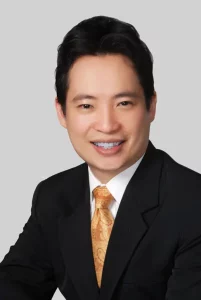
At The Cancer Centre (TCC), Dr Wong Seng Weng and his medical oncology team are focusing their expertise on implementing preventive measures, actively conducting screening and providing innovative, targeted treatments for adult cancers, as well as using proven technologies to ensure optimal patient safety and comfort.
Dr Wong, a visiting consultant medical oncologist at Mount Elizabeth Hospital (Novena) and Mount Elizabeth Hospital (Orchard), holds the appointment of Adjunct Clinician Scientist at the Institute of Bioengineering and Nanotechnology in the Agency of Science, Technology and Research (A*STAR). He is also an active member of the American Society of Clinical Oncology, European Society of Medical Oncology and Singapore Society of Oncology.
Share This:
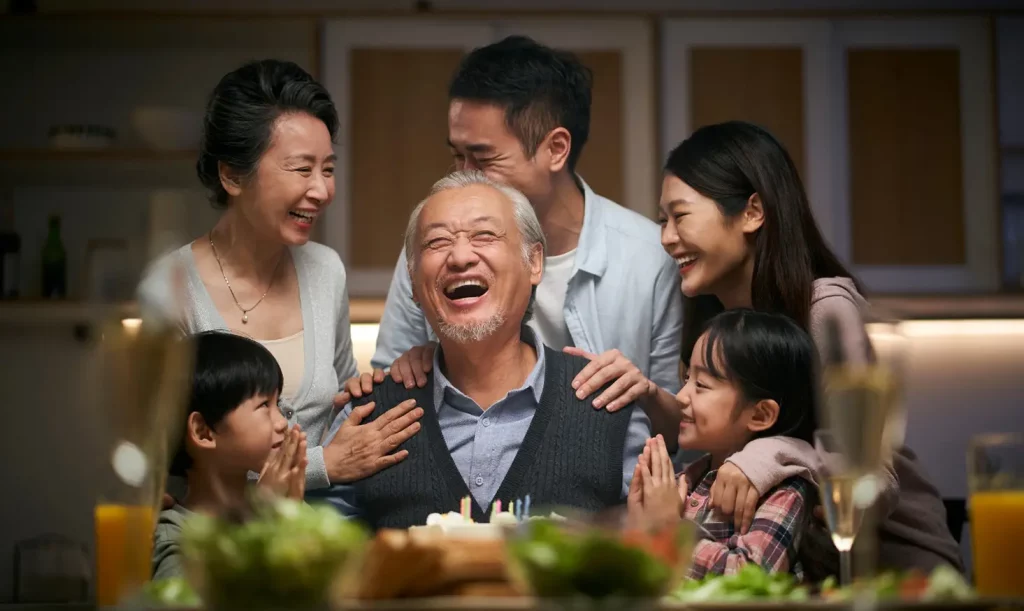


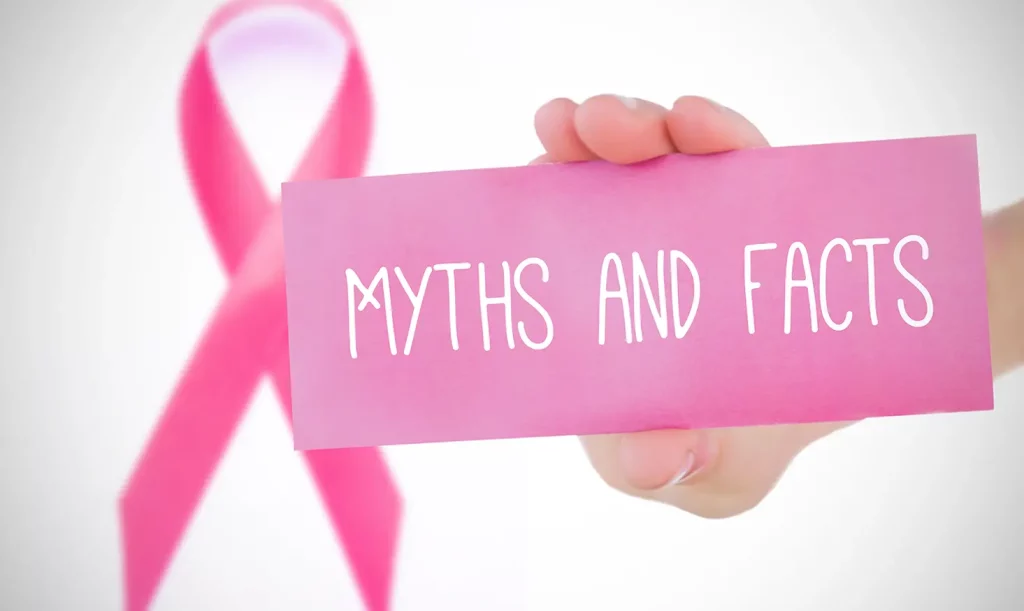
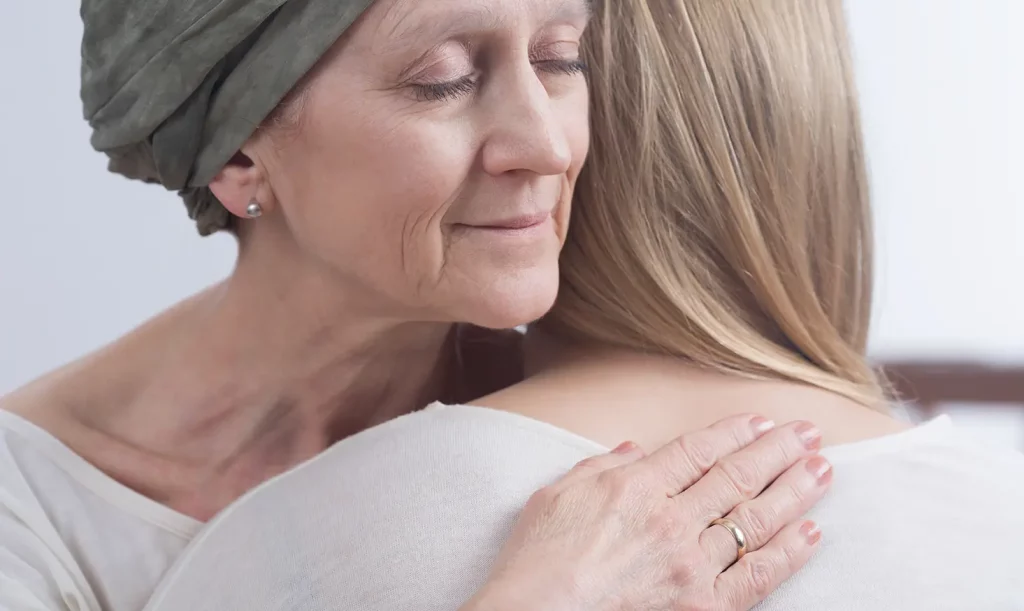
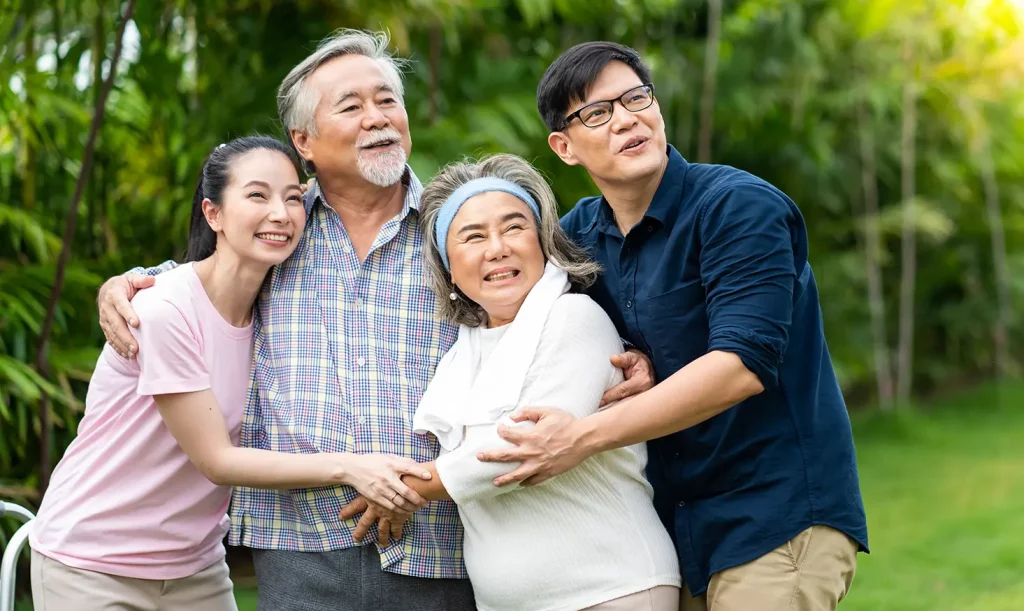

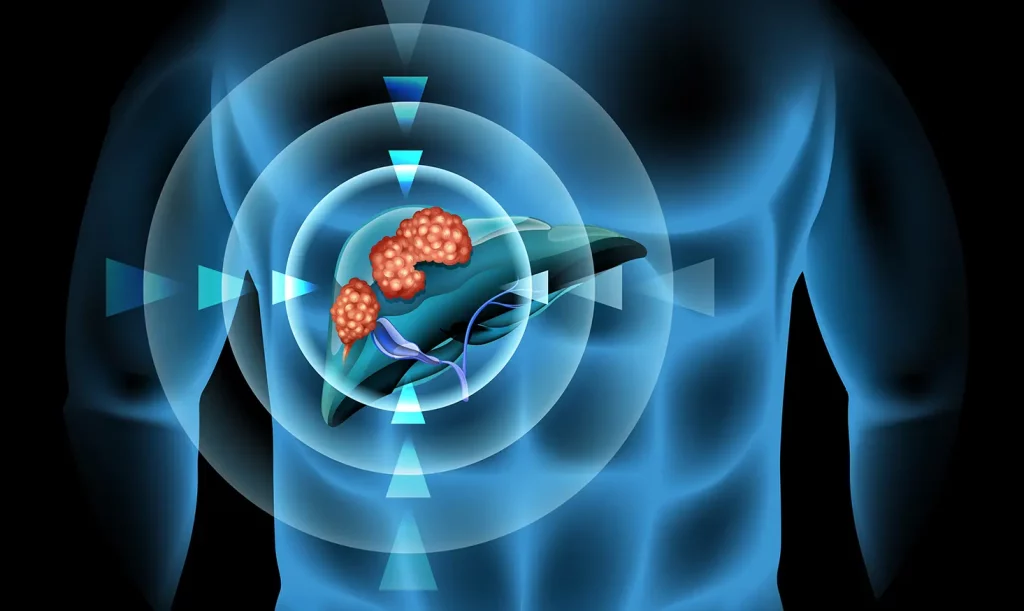

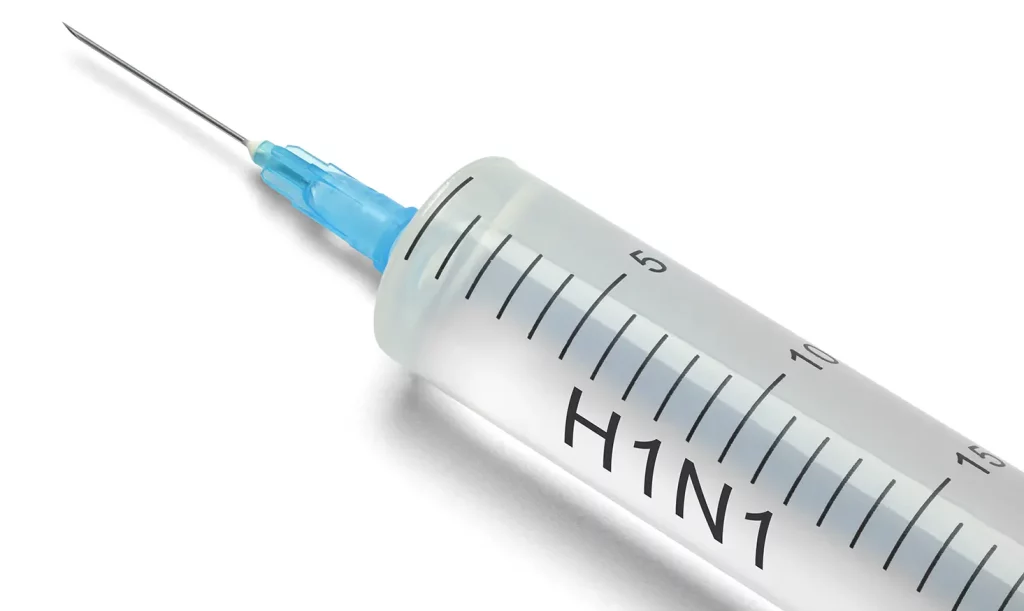
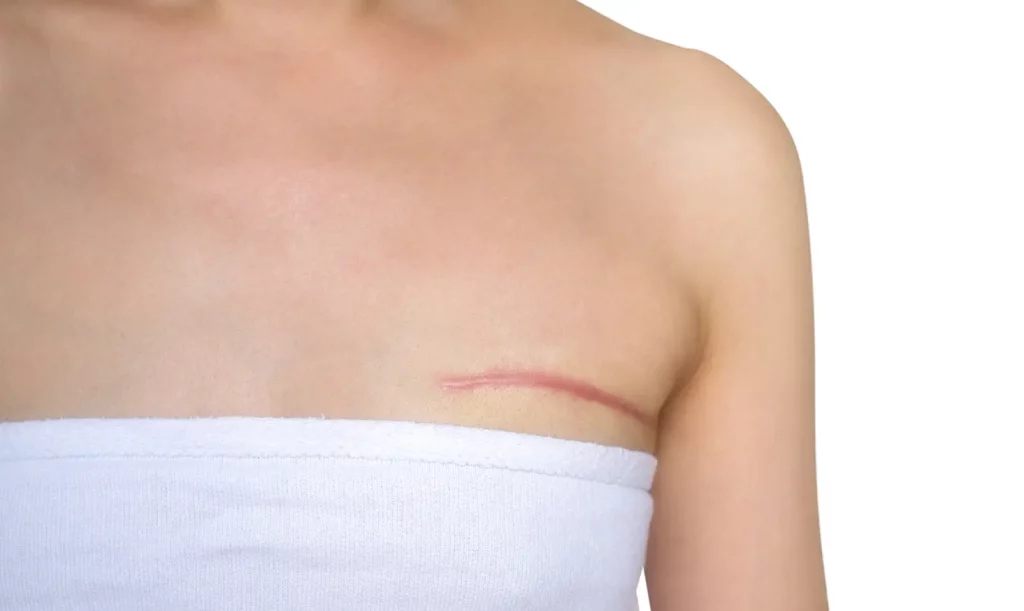




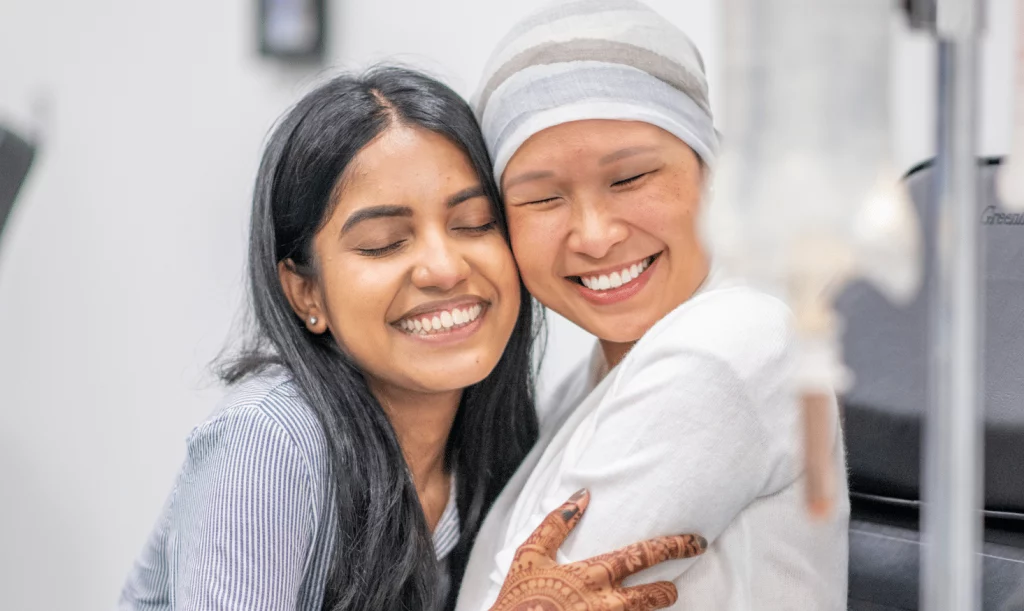
The Cancer Centre @ Paragon
290 Orchard Road #17-05/06
Paragon Medical (Lobby F)
Singapore 238859
The Cancer Centre @ Mount Elizabeth Orchard
3 Mount Elizabeth #12-11
Mount Elizabeth Medical Centre
Singapore 228510
(by appointment only)
The Cancer Centre @ Mount Elizabeth Novena
38 Irrawaddy Road #07-41
Mount Elizabeth Novena Specialist Centre
Singapore 329563

BOOK AN APPOINTMENT
Incorporated in 2005, Singapore Medical Group (SMG) is a healthcare organisation with a network of private specialist providers across four established pillars - Aesthetics, Diagnostic Imaging & Screening, Oncology and Women's and Children's Health. Within Singapore, SMG has more than 40 clinics strategically located in central Singapore and heartland estates. Beyond Singapore, SMG also has an established presence in Indonesia, Vietnam and Australia. Learn about our privacy policy here.
